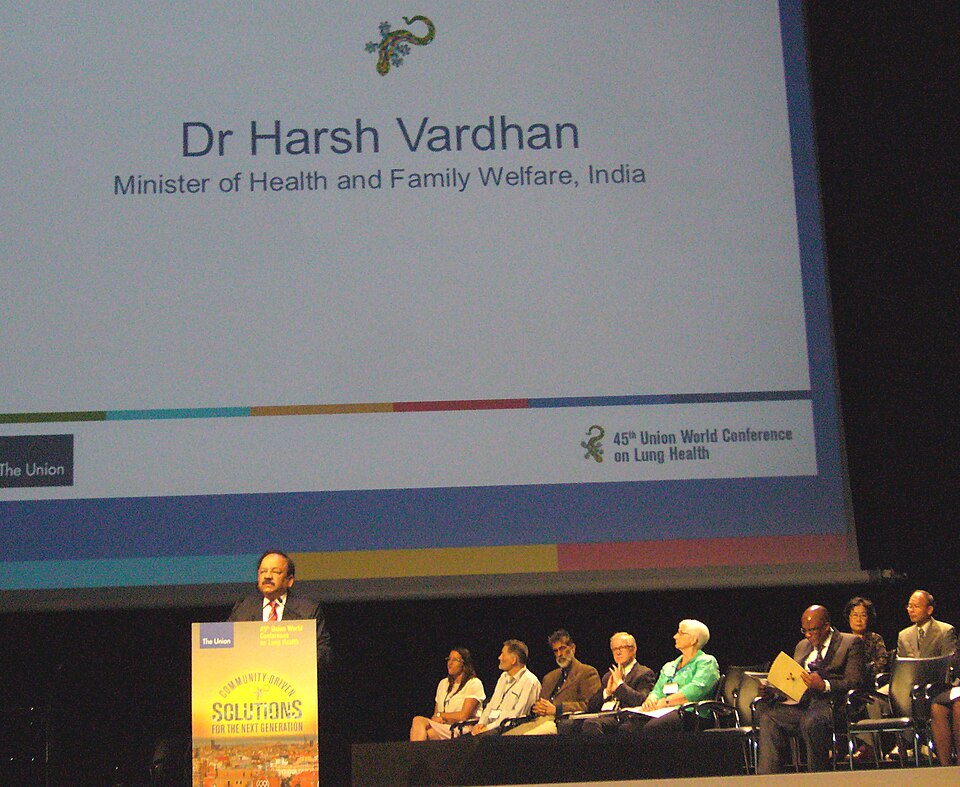Innovative Financial Strategies by Gavi: Enhancing Global Vaccine Access

In the global effort to combat infectious diseases, Gavi, the Vaccine Alliance, has emerged as a pivotal organization, employing a range of innovative financial tools designed to enhance vaccine accessibility and affordability, particularly in low-income countries. Gavi’s unique financing mechanisms, such as Advance Market Commitments (AMCs) and the Day Zero Financing Facility, have been instrumental in transforming how vaccines are funded and distributed, thereby improving public health outcomes across various regions.
Gavi was established in 2000 with the mission of increasing access to immunization in developing countries. Since its inception, the organization has utilized various financial models to respond swiftly to health emergencies while ensuring that vaccines remain affordable. According to Dr. Seth Berkley, CEO of Gavi, “Through innovative financing, Gavi seeks to deliver more money for health and more health for the money,” highlighting the organization's commitment to maximizing the impact of every dollar spent on vaccines.
One of the cornerstone initiatives of Gavi is the International Finance Facility for Immunisation (IFFIm), launched in 2006. IFFIm leverages long-term donor pledges to issue vaccine bonds on international capital markets, raising immediate funding to support vaccination programs. As of 2024, IFFIm had raised approximately $6.2 billion, accounting for 16% of Gavi’s overall funding, which has enabled the immunization of 1.1 billion children, with 142 million receiving their vaccines sooner due to these funds.
Another significant financial tool is the Advance Market Commitment (AMC), which guarantees the purchase of vaccines that meet specific quality and performance standards. This mechanism encourages pharmaceutical companies to invest in developing vaccines for diseases that disproportionately affect the world's poorest populations. Gavi's first AMC, initiated in 2009, incentivized the creation of pneumococcal vaccines, which are crucial for combating pneumonia in children. The success of this initiative led to the introduction of new vaccines in 60 lower-income countries, saving countless lives.
The Gavi Matching Fund further amplifies contributions from the private sector and philanthropic organizations. By matching donations on a one-to-one basis, Gavi has mobilized over $607 million from private partners, including significant contributions from the Bill & Melinda Gates Foundation and various governments. This strategy not only increases funding for vaccine delivery but also fosters collaboration and innovation within the private sector.
In response to the COVID-19 pandemic, Gavi has adapted its financing strategies to address urgent health needs worldwide. The Day Zero Financing Facility was developed to enable low-income countries to respond rapidly to emerging health crises by providing up to $2.5 billion in surge financing. This facility is designed to support vaccine responses and ensure equitable access to vaccines, particularly during health emergencies like the Mpox outbreak in West Africa in 2024, where rapid disbursement of funds was made within 35 days of the emergency declaration.
Furthermore, Gavi has launched the African Vaccine Manufacturing Accelerator (AVMA), a specialized initiative aimed at enhancing vaccine production capabilities in Africa. This program provides financial incentives to local manufacturers, addressing the continent's heavy reliance on imported vaccines. By making up to $1 billion available to support Africa's manufacturing base, AVMA seeks to improve self-sufficiency and resilience against future health emergencies.
Overall, Gavi’s financial tools exemplify an innovative approach to global health financing, addressing market failures and ensuring that vaccines are accessible to the most vulnerable populations. As the world continues to grapple with health disparities, Gavi’s strategies highlight the importance of robust financial mechanisms in achieving public health goals and improving health outcomes globally. The future of vaccine access will depend on continued innovation and collaboration across sectors, ensuring that no child is left unprotected against preventable diseases.
Advertisement
Tags
Advertisement





